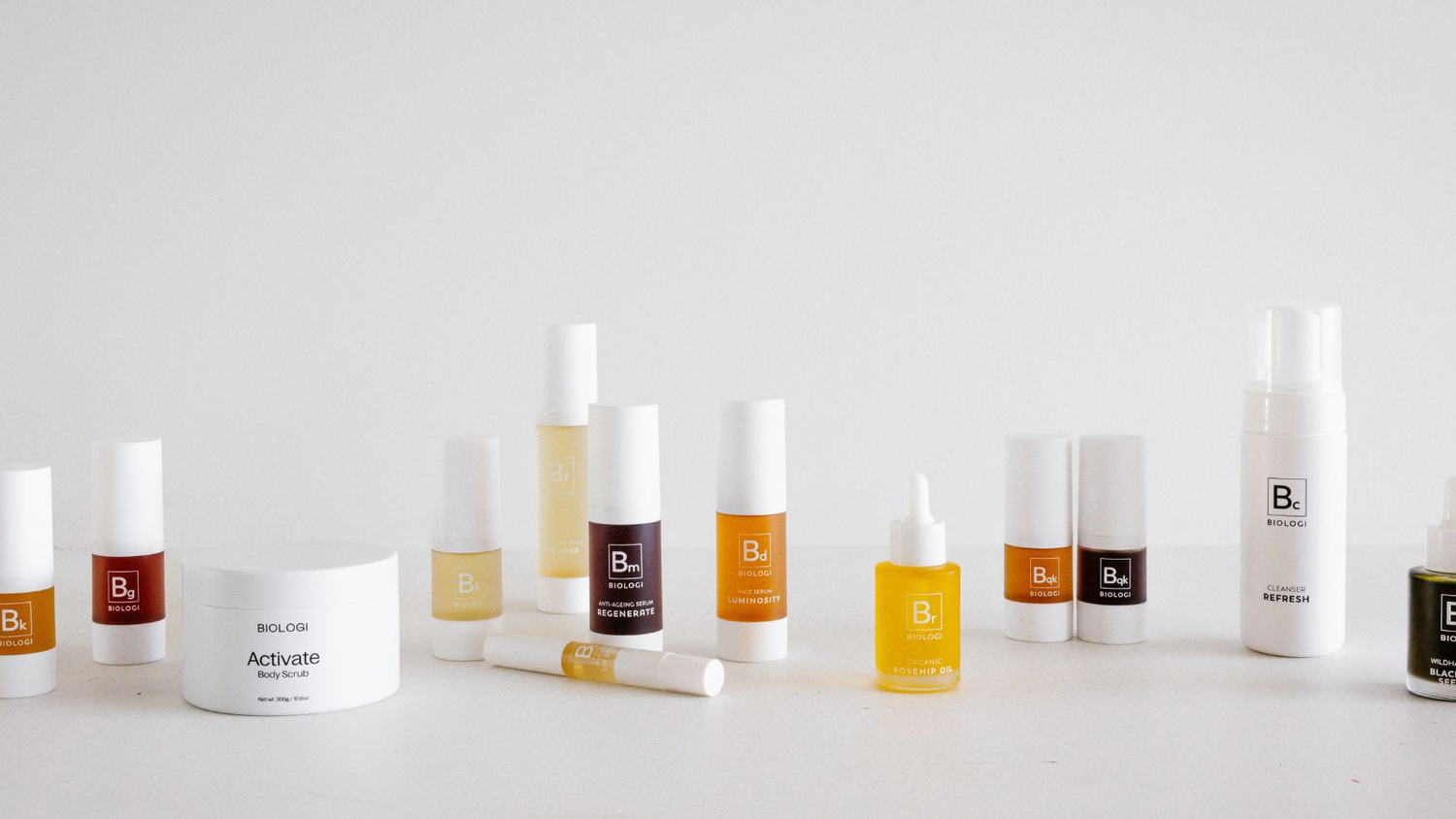Recently Biologi has received a Court Order related to certain ingredients in our products and claims made in our marketing materials, specifically questioning our Vitamin C levels in two products and plant-based materials. In response to these legal findings, we want to emphasise our unwavering commitment to product efficacy, safety, and transparency. We take these findings seriously and have been actively working to address any issues and make any necessary adjustments required. It is important to note, that this court matter is currently ongoing and we are limited to what we can say.
In utmost transparency, we would like to address each of the orders and our response to them, to give you further context and information as we appreciate this matter is of concern to you as a customer of Biologi.
Annexure D – Biologi made false or misleading representations that it was organically certified with use of the Organic Food Chain Logo.
Answer: Yes, we are sorry. From September 2017 to December 2018, Biologi displayed an incorrect OFC logo on their website. The certification of the serums/extracts was held by Biologi’s sister company Phytoverse and should not have appeared on Biologi’s website too.
Annexure E – Biologi made false or misleading representations that its products contained high levels of Vitamin C.
Answer: This is a difficult one for us. Our Ross Macdougald was the first person to produce stabilised Vitamin C in liquid form in 2012. It is well known that Kakadu Plum in particular contains Vitamin C, as does finger lime and our products and its supplier have been independently tested as containing Vitamin C.
Due to personal reasons, no evidence was led by us in the recent trial. The Court relies on the parties presenting all evidence to it for its decision and we did not. We consented to the order made and we 100% support the Court’s order, in the circumstances where we were unable to provide and have this information considered.
Since 2017 there has been numerous independent laboratory tests through Southern Cross University and third-party government laboratories on the Vitamin C content of both finger lime and Kakadu plum extracts produced by Plant Extracts. All results show Vitamin C present. There is also another Biologi product, Biologi Bx, that contains Vitamin C from Kakadu Plum which has been tested and these results show considerable amounts of Vitamin C. The Vitamin C content of this product is not in issue.
Annexure F – Biologi made false or misleading claims that its products contain only one ingredient, contain only pure plant, do not contain any additives and are not diluted, when that was untrue, and its products were of a certain standard, quality, value, grade or composition.
Answer: Yes, early in our journey our former marketing team adopted wording that reflected our great excitement about our products, but which was open to misinterpretation.
Our ‘single ingredient, pure plant’ representation was centred on our philosophy of only using plant extract and nothing else. These extracts do contain other naturally-derived ingredients that we use to unlock the plant extracts using our methodology. We do not add or change the extracts produced after the completed extraction process in any way except adding 0.2% Sodium Benzoate which acts as a preservative for the natural extracts.
Annexure G – Biologi made false or misleading claims that they had developed a method to stabilise natural Vitamin C and its products are the only skin care products in the world that contain natural Vitamin C.
Answer: In November 2017 Biologi incorrectly stated “for the first time, developed a method to stabilise natural Vitamin C and that its products were the only skincare products in the world that contain natural Vitamin C.”
The R&D for stabilised natural Vitamin C was done in 2012 – 2013 by our Ross Macdougald in an entity called FPI Oceania Pty Ltd. This is well known in the industry and to those familiar with Ross’ story.
A non-technical employee of another company Mr. Macdougald founded at one point incorporated their own company and started selling extracts that they appropriated from the warehouse as a skin care brand. We did not consider that situation to be a valid prior use of Mr. Macdougald’s discovery.
Mr. Macdougald and his team continue to develop improved methods building on his initial discovery.
Annexure H – Biologi made false or misleading representations that its products contained Byangelicin.
Answer: Third party testing from Southern Cross University indicated that ‘Byangelicin’ was a compound found in extracts created by Plant Extracts from Australian native citrus fruits such as finger lime (Biologi Bf serum) and desert lime. That was the basis it was advertised as a compound by Plant Extracts & Biologi along with the believed benefits of this compound to the skin.
In addition to the analysis produced by Southern Cross University, Plant Extracts & Biologi have documentation that indicates that ‘Byangelicin’ is a known compound from US based, Chem id, https://www.chemid.com/ and USDA, United States Department of Agriculture, https://www.usda.gov/. We accept the order of the court and provide this information only by way of background to our customers on the basis on which this compound was previously referenced by us.
Moving forward, as this matter progresses and when we have new information or details, we will provide you with updates. Our entire team appreciates your understanding and support during this time, and we look forward to the future. Our utmost priority will always be creating positive change in people’s skin.
-The Biologi Team



